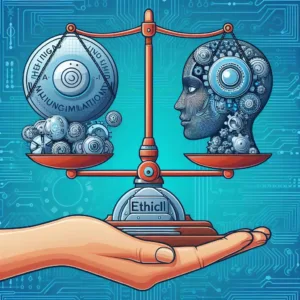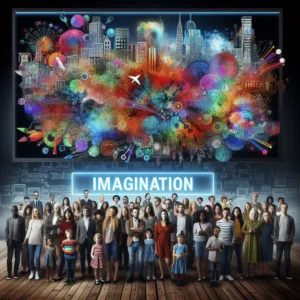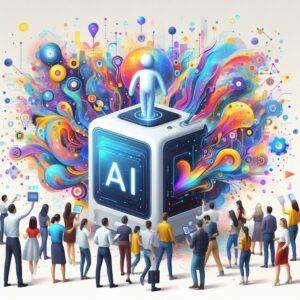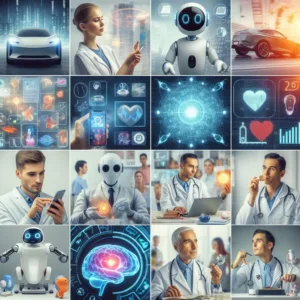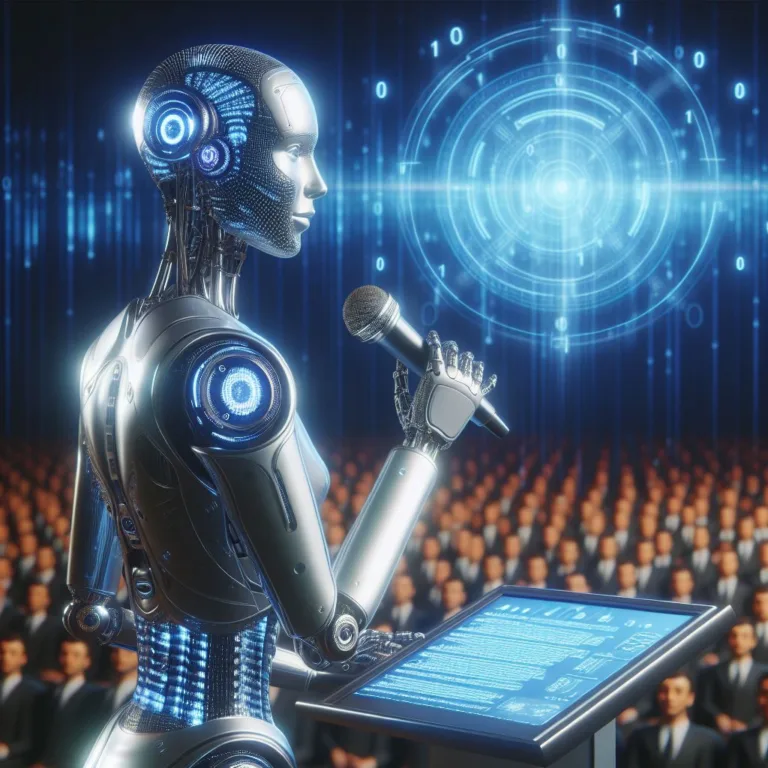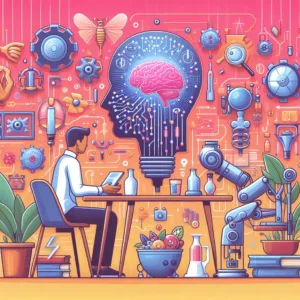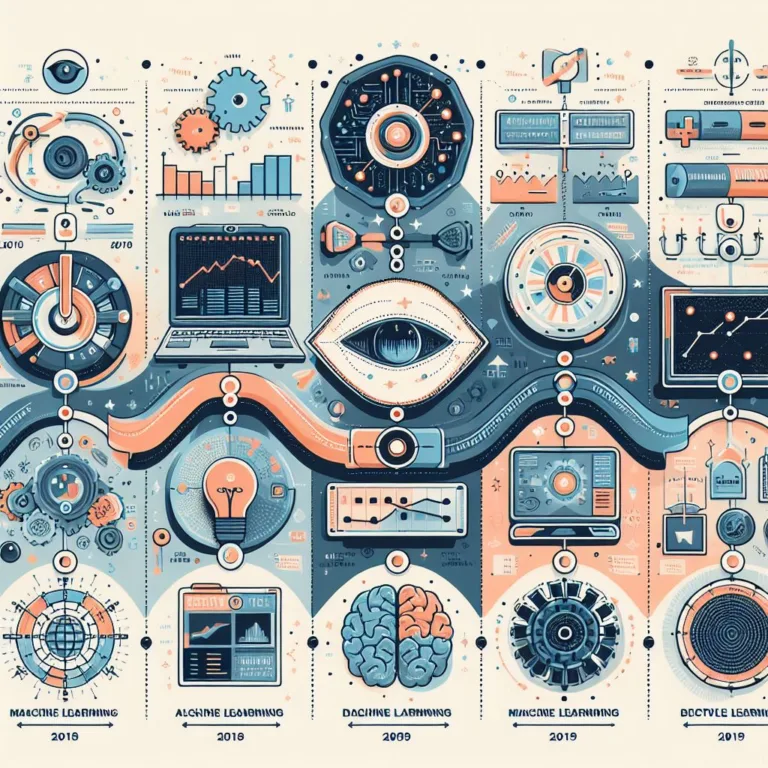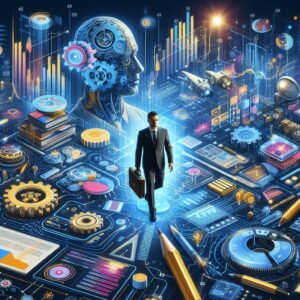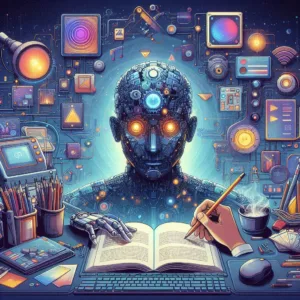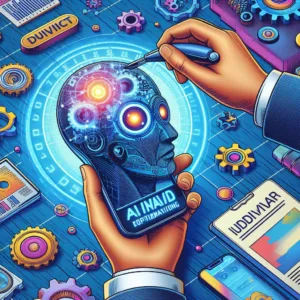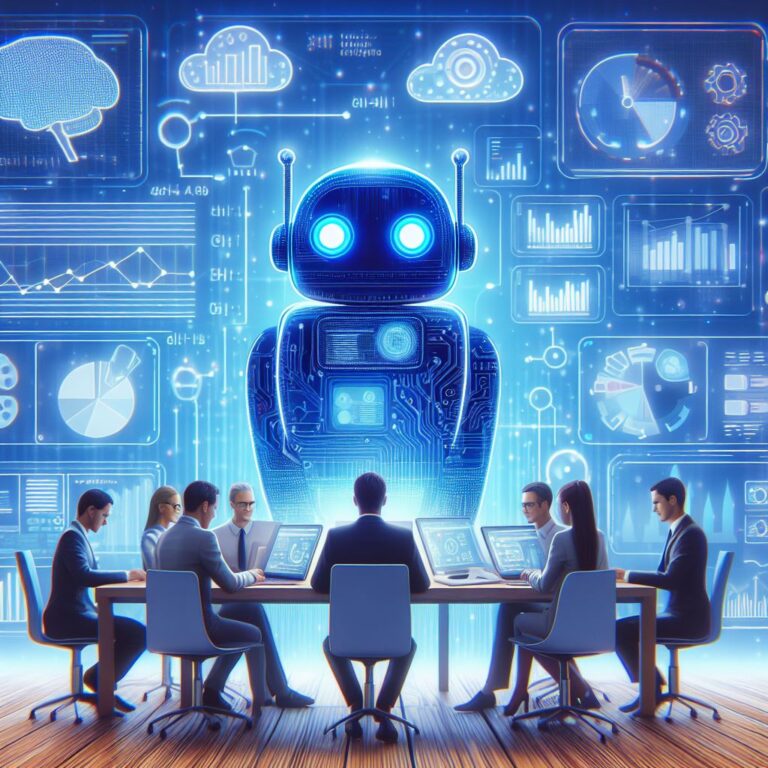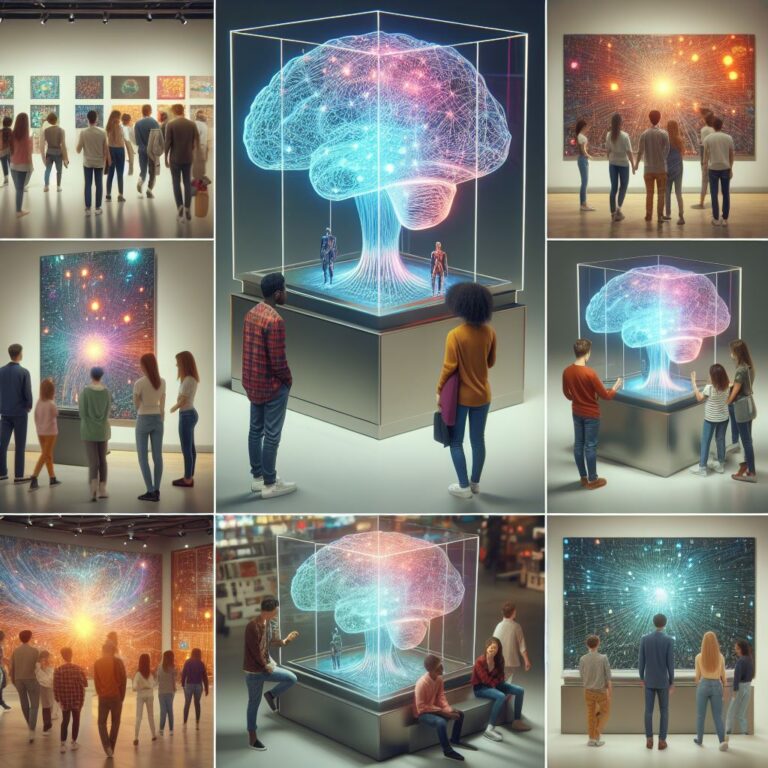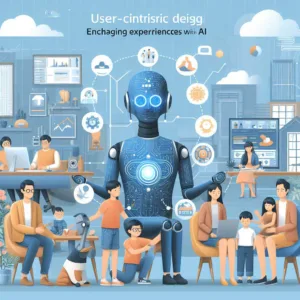The Moral Compass of AI Navigating Ethical Quandaries in Machine Learning
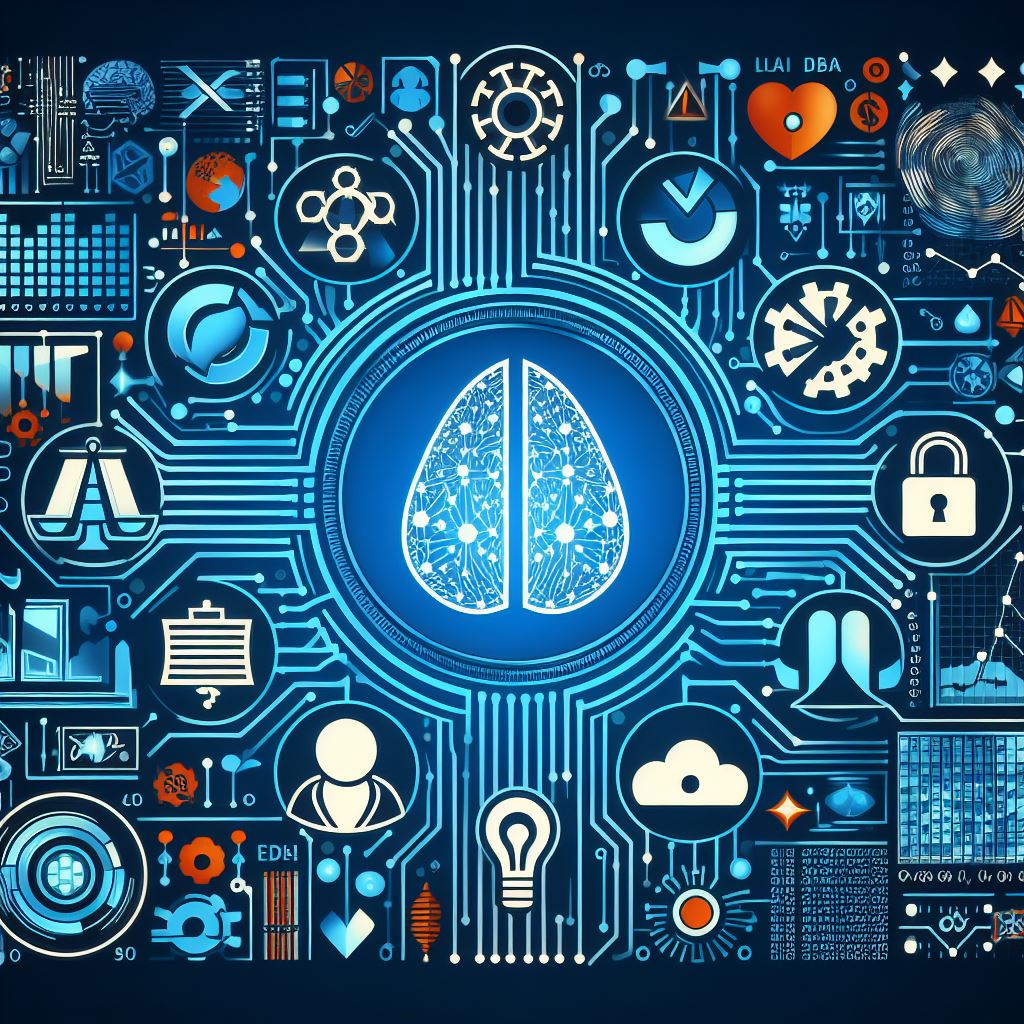
Artificial Intelligence( AI) has surfaced as an important tool with the eventuality to revise colorful aspects of our lives. still, as AI technologies continue to advance fleetly, they also raise significant ethical enterprises that can not be ignored. In this composition, we claw into the ethical dilemmas girding AI and the societal impacts they number.
AI systems, particularly those grounded on machine literacy algorithms, are frequently trained on large datasets that may contain impulses essential in the data. This can affect algorithms making prejudiced opinions, and immortalizing inequalities and demarcation. One prominent illustration is in the felonious justice system, where AI-driven threat assessment tools have been blamed for unfairly targeting certain demographics.
Bias in Algorithms Addressing the Challenges of Fairness and Responsibility
Addressing bias in algorithms is pivotal for ensuring fairness and responsibility in AI systems. It requires careful examination of the data used to train these algorithms and enforcing measures to alleviate bias. This includes diversifying datasets, regular checkups of AI systems, and increased translucency in algorithmic decision-making processes.
Similarly, AI systems frequently collect and dissect vast quantities of particular data, raising significant sequestration enterprises. The wide deployment of AI-powered surveillance technologies, for case, has sparked debates over the balance between invention and individual sequestration rights.
AI and Sequestration Striking a Balance Between Innovation and Data Protection
Chancing the right balance between invention and data protection is essential in navigating the ethical geography of AI. It involves enforcing robust sequestration safeguards, similar to data anonymization and encryption, while still allowing for the salutary use of AI technologies. also, policymakers must legislate regulations that cover individualities’ sequestration rights without stifling invention.
In conclusion, the ethical dilemmas girding AI punctuate the need for careful consideration and responsible development of AI technologies. By addressing bias in algorithms, icing responsibility, and guarding sequestration rights, we can harness the eventuality of AI to profit society while minimizing its negative impacts.
Imagining hereafter Assuming on the Future of AI and Its part in Society :
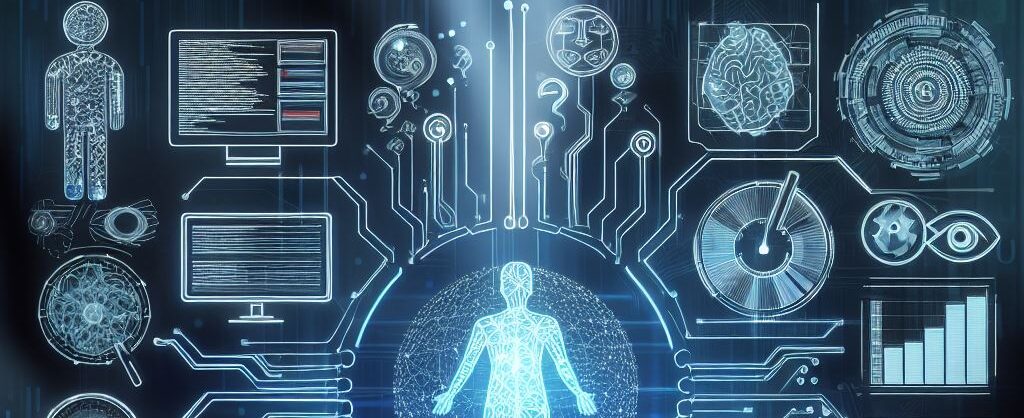
AI Utopia or Dystopia? visioning scripts of AI Integration in Everyday Life
As artificial intelligence( AI) continues to advance at a rapid-fire pace, it prompts us to contemplate the unborn counteraccusations of its integration into our diurnal lives. Will AI lead us to a romantic society where robotization improves effectiveness and enhances mortal well-being, or will it marshal in a dystopian future characterized by job relegation and loss of autonomy?
Human- AI Collaboration Reconsidering Work, Creativity, and Social Dynamics
One possible unborn script involves flawless collaboration between humans and AI systems, leading to unknown situations of productivity and invention. AI-powered tools could compound mortal capabilities, allowing for more effective decision- timber and problem- working. In fields similar to healthcare and education, AI could help professionals in furnishing substantiated services acclimatized to individual requirements.
The oddity Debunking Myths and Misconceptions girding AI’s Ultimate thing
The conception of the oddity, frequently portrayed in popular culture as the point at which AI surpasses mortal intelligence, has generated both seductiveness and fear. still, it’s essential to debunk myths and misconceptions girding this idea. The oddity isn’t a destined outgrowth but rather an academic thesis that raises important questions about the nature of intelligence and knowledge.
In reality, the future of AI is likely to be shaped by mortal opinions and societal values. It’s over to us to steer AI development in a direction that aligns with our collaborative bournes and ethical principles. By fostering collaboration between technologists, policymakers, and ethicists, we can ensure that AI serves the lesser good and contributes to a further indifferent and sustainable future.
AI Resources and Insights
- AI Art Generator on Canva: Explore how to create art with AI on Canva.
- NVIDIA Startups: Discover opportunities for startups with NVIDIA.
- Konverge AI: Learn how Konverge AI can transform your business.
- Heygen Pricing: Check out Heygen’s pricing for AI solutions.
- DataCentric AI: Explore the latest AI trends on DataCentric AI.
- Google Cloud Conversational AI: Discover Google Cloud’s conversational AI solutions.
- Amazon Web Services (AWS): Explore Amazon Web Services’ AI services.
- Marketing AI Institute: Learn more about AI-powered marketing at the Marketing AI Institute.
- Harvard Business Review – AI Marketing Strategy: Read about designing an AI marketing strategy on Harvard Business Review.
- SAS – AI Marketing Future: Discover what the future holds for AI marketing on SAS.
- Sprout Social AI Marketing Tools: Explore AI marketing tools from Sprout Social.
- Pixlr Image Generator: Create unique images with Pixlr’s image generator.
- Creative Writing Prompts on AI UpTrend: Explore creative writing prompts powered by AI on AI UpTrend.
- AI Trends on AI UpTrend: Discover the latest AI trends on AI UpTrend.
- AI Insights on AI UpTrend: Explore the latest advancements in AI on AI UpTrend.
- AI Tools on AI UpTrend: Discover a variety of AI tools on AI UpTrend.
- AI Tutorials on AI UpTrend: Explore AI tutorials to deepen your knowledge on AI UpTrend.

